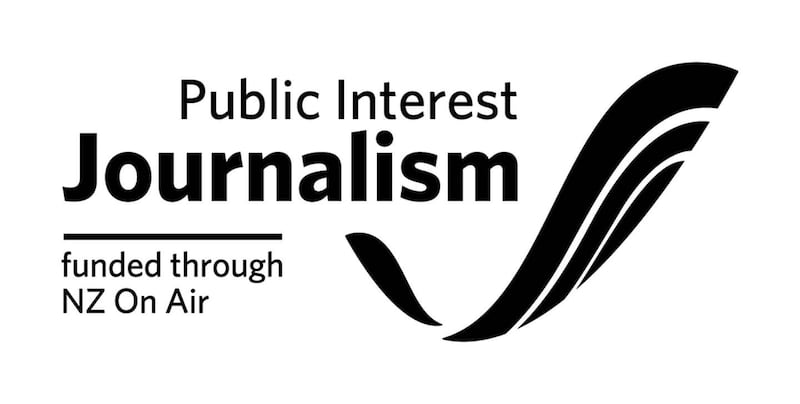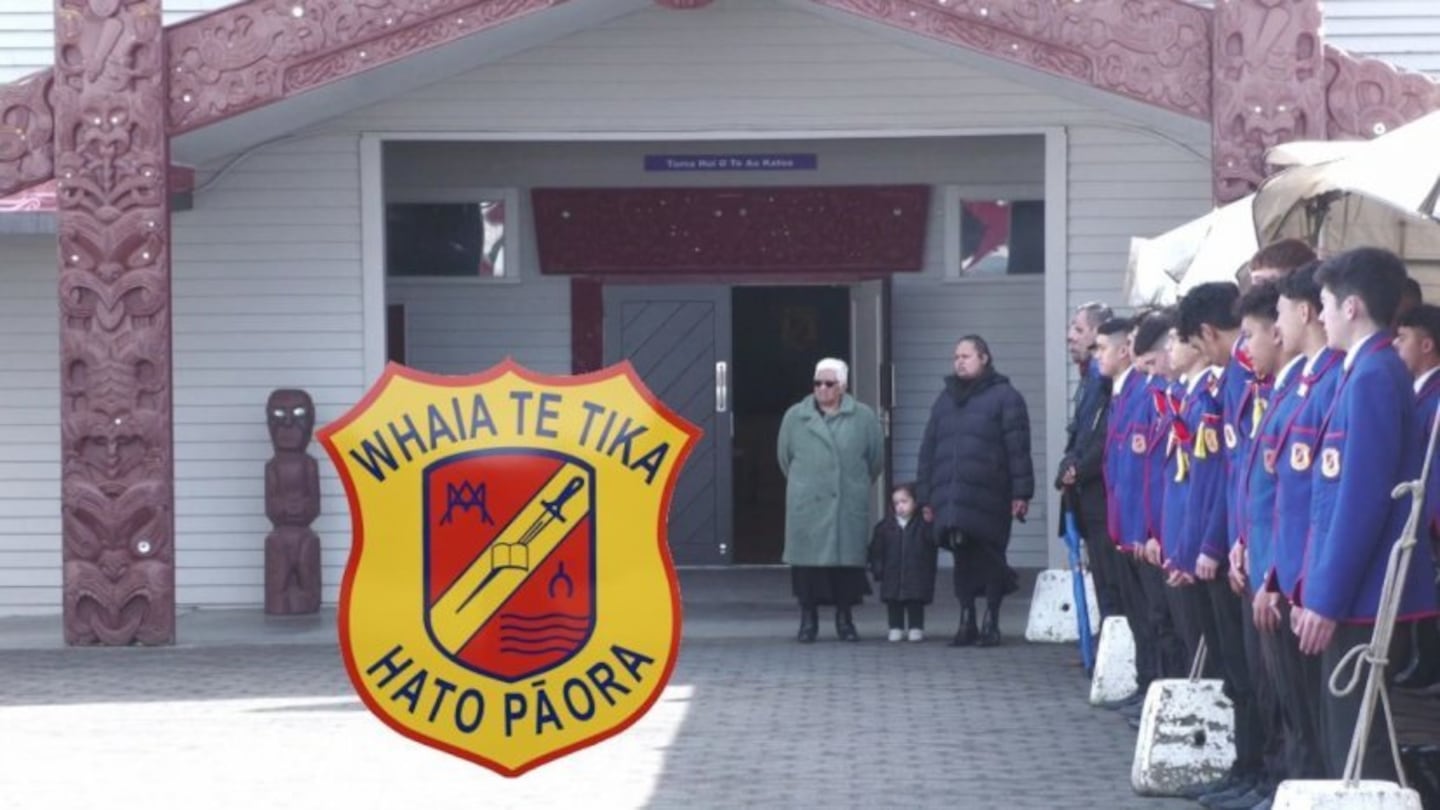The dulcet tones of Hato Pāora, who are renowned for their waiata, reverberated across the school grounds this weekend as past, present and future students celebrated the schools 75th birthday.
“For me, singing was one of my favourite past times and I think back to our pāpā, Te Anatipa (Morvin Simon). There are a lot of treasured memories,” says Manaaki Tibble, college old boy from 1983-1987.
Hato Pāora College was established in 1947 following the first Hui Āranga, the annual conference of Māori Catholics, and is the youngest of the kura Paerangi, Māori boarding schools.
Old boy and current tumuaki of the Feilding-based boys college, Nathan Matthews says, “There’s a lot of memories but I think for me and probably lots of old boys would say the same was just that time spent with your mates.”
Students of the past come together to look towards Hato Pāora's future.
Matthews wanted to celebrate the impact the school has had on Māori boys in its 75 years.
Prominent alumni include renowned composer, Morvin Te Anatipa Simon, Takuira Max Mariu, the first Māori to be ordained as a Catholic Bishop, and the Black brothers, Whitiaua, Hona and Otere, Professor Rangi Mātāmua and award-winning playwright and journalist Aroha Awarau.
Throughout its 75-year history, Hato Pāora students have seen many changes.
“These days all of my mokopuna have technology, something we never had back in the days. It took a week to send a letter from school back home to our mum and the same in return, so the world has definitely changed,” old boy Tiwana Tibble said.
“We didn’t have a lot of the flash facilities and stuff like that, so you made your own fun, you hung out together, going down to the Ōraua river .and hanging out there on Saturdays and Sundays,” says Matthews.
Hato Pāora is staunch on its special characteristics, taha Māori and taha whakapono.
Matthews says, “Getting our boys to be confident and competent with te reo Māori me ōna tīkanga is our goal, especially with a lot of our whānau living urban, so we create that environment here at the kura.”



